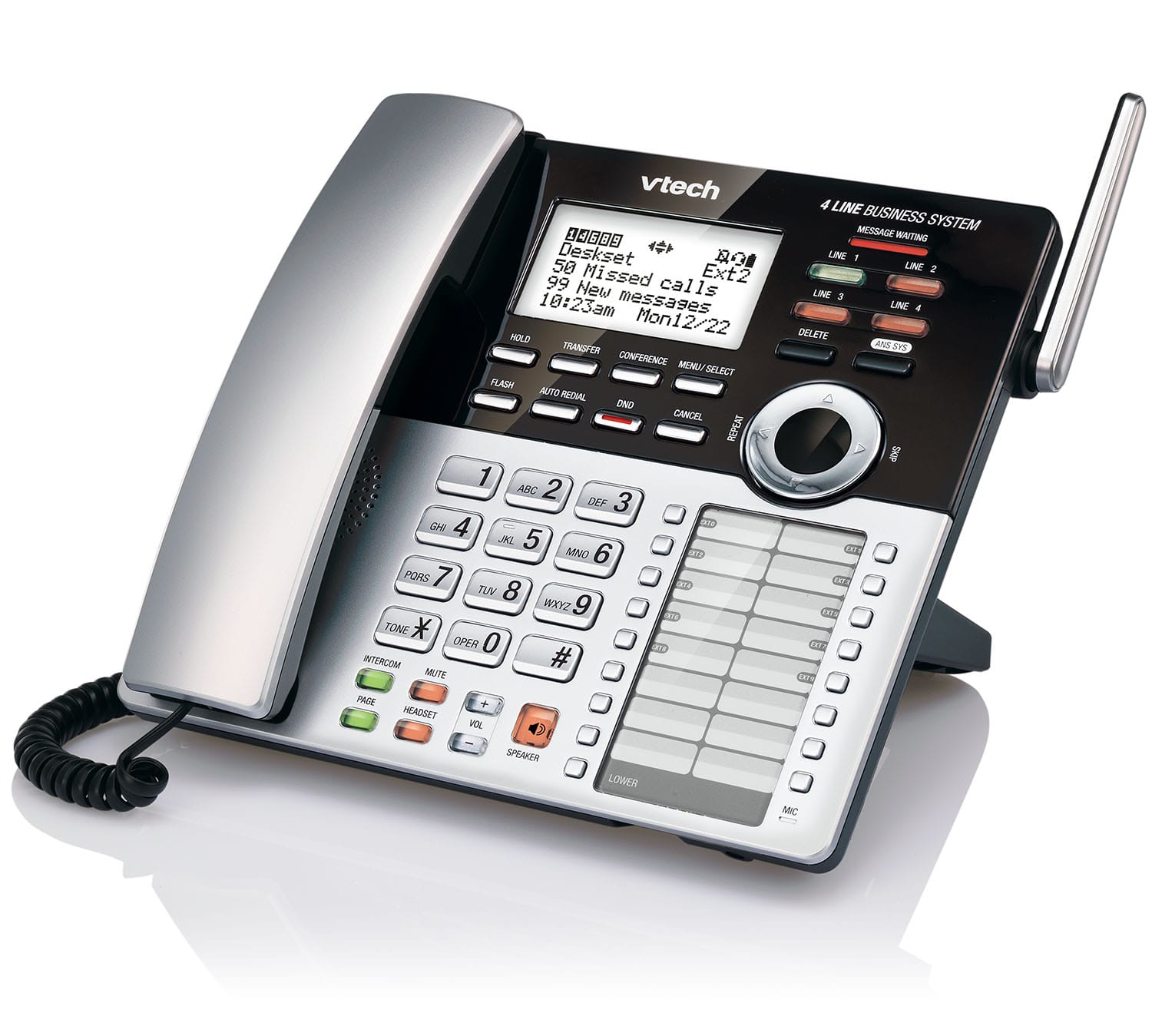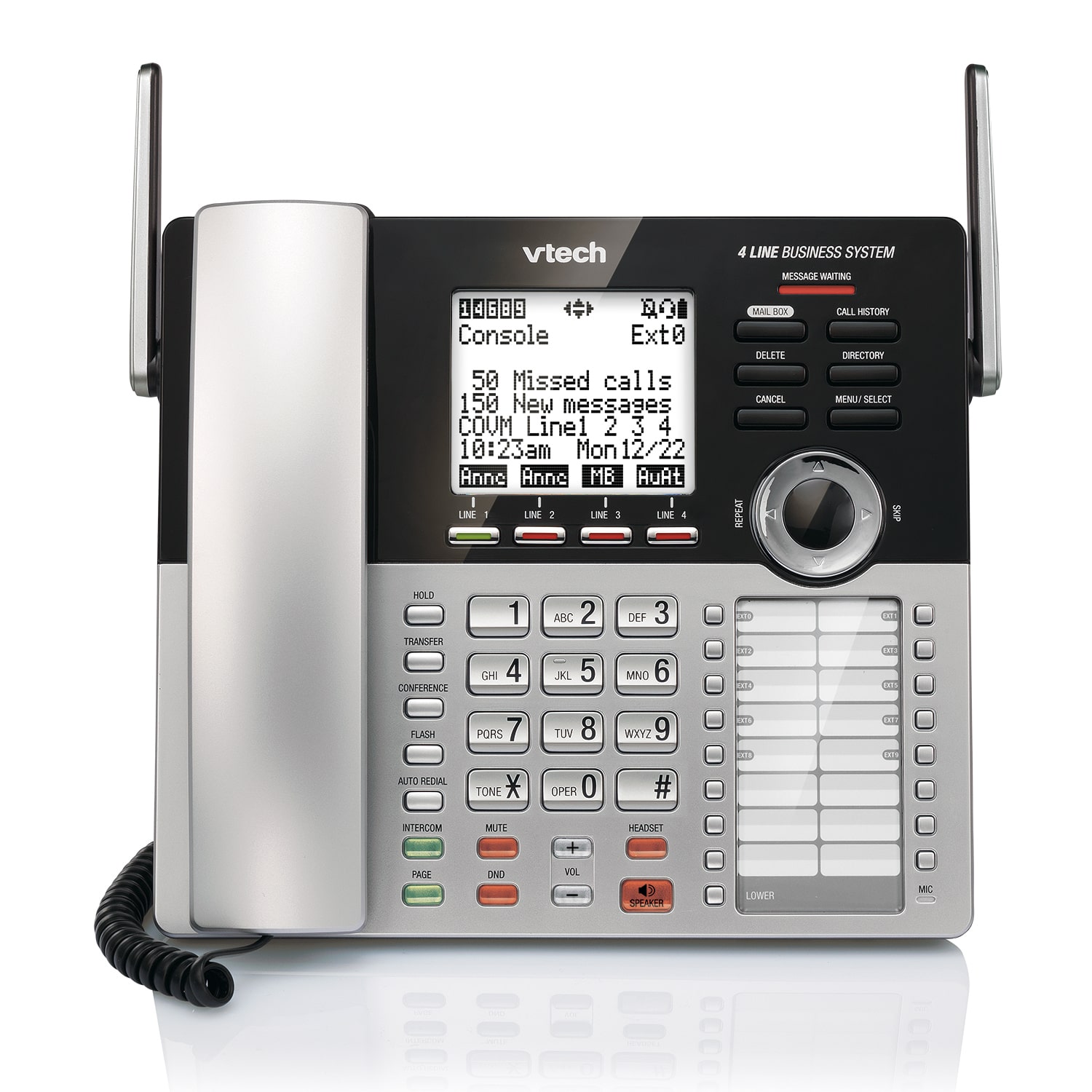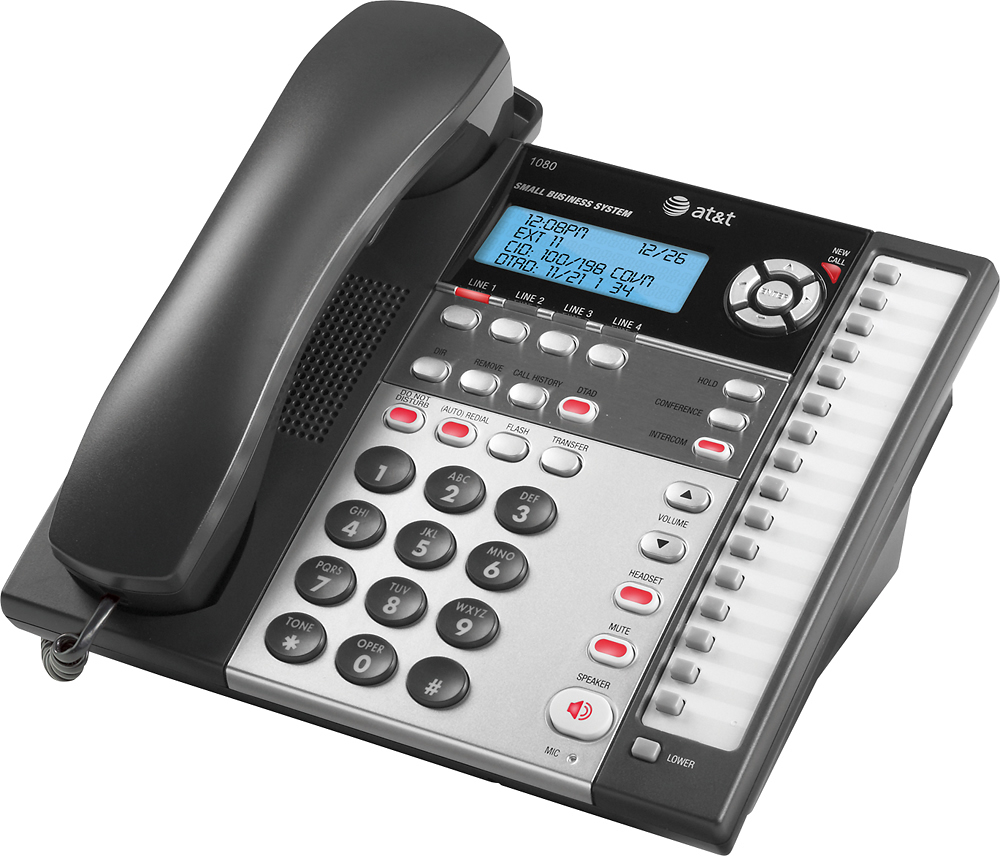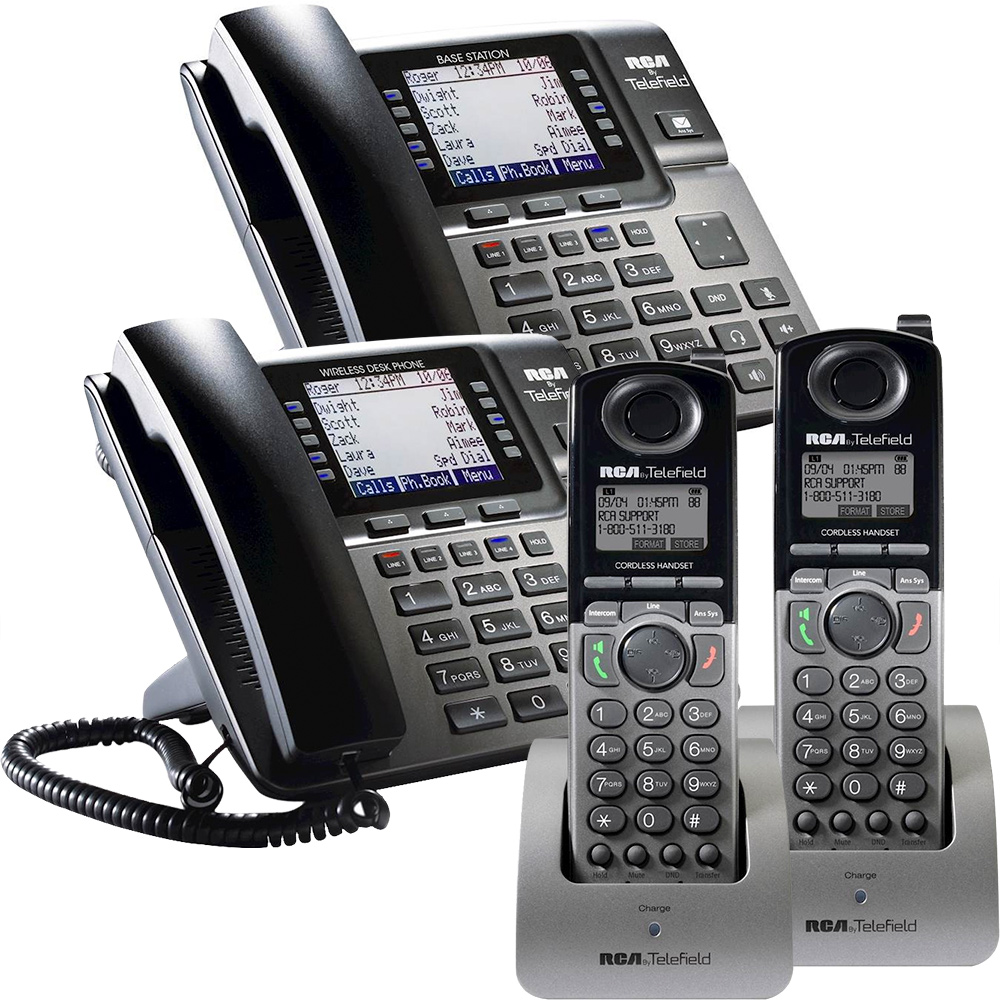Business Phones For Small Business
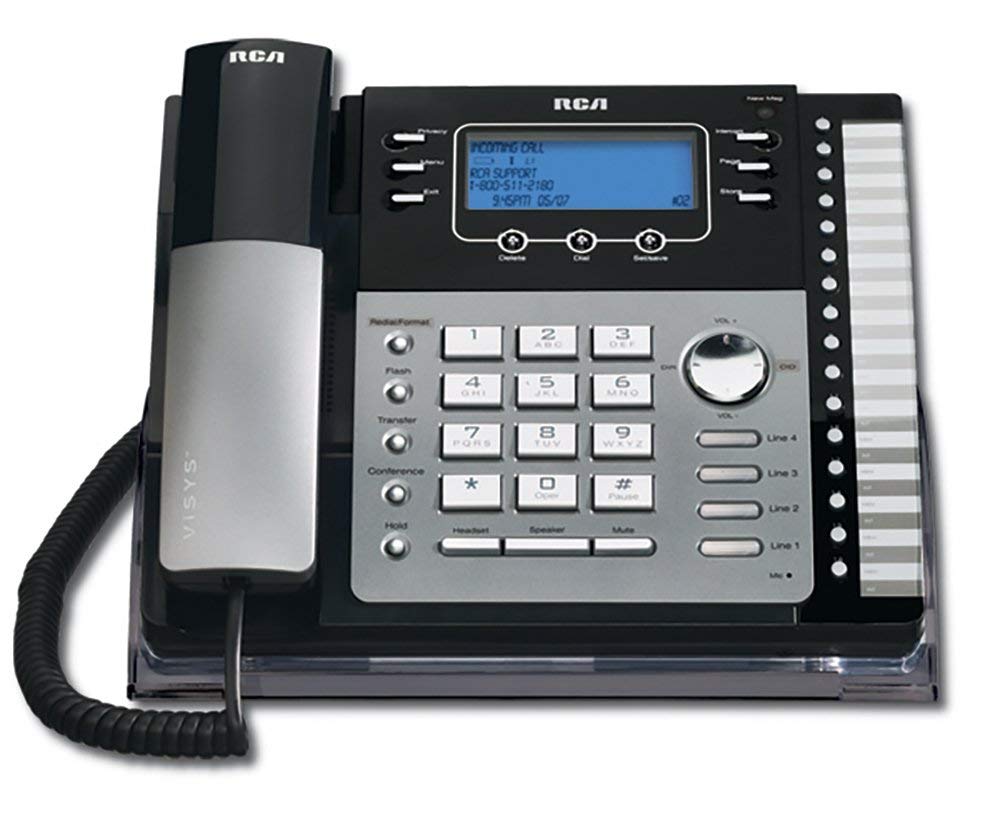
For small business owners, choosing the right phone system is no longer a simple decision. A complex landscape of options, from traditional landlines to sophisticated VoIP (Voice over Internet Protocol) systems, presents both opportunities and challenges.
This article explores the current trends in business phone systems for small businesses, examining the benefits and drawbacks of various options. We will also look at factors influencing adoption and the potential impact on productivity and customer service.
The Evolution of Business Communication
The traditional PBX (Private Branch Exchange) system, once the mainstay of office communication, is gradually being replaced by more flexible and cost-effective alternatives.
VoIP, utilizing the internet for voice communication, has emerged as a popular solution for its scalability and feature-rich capabilities. Cloud-based systems eliminate the need for on-site hardware, reducing upfront costs and maintenance burdens.
Key Options for Small Businesses
VoIP Systems: A Feature-Rich Choice
VoIP systems offer a range of features, including call routing, voicemail-to-email, auto-attendants, and conference calling. These features can significantly improve communication efficiency and customer service.
According to a report by Grand View Research, the global VoIP market is expected to reach $102.5 billion by 2028, driven by the increasing adoption of cloud-based solutions.
Traditional Landlines: Simplicity and Reliability
While losing ground to VoIP, traditional landlines still offer a reliable and simple communication option for some small businesses. They are generally less susceptible to internet outages, providing a consistent connection.
However, landlines typically lack the advanced features of VoIP and can be more expensive in the long run, especially for businesses with high call volumes.
Hybrid Systems: Blending the Best of Both Worlds
Hybrid systems combine landlines and VoIP, offering a balanced approach to communication. This allows businesses to leverage the reliability of landlines while benefiting from the flexibility and features of VoIP.
Hybrid systems can be particularly useful for businesses that need to maintain a reliable connection for critical calls but also want to use VoIP for other communication needs.
Factors Influencing Adoption
Cost is a primary consideration for small businesses when choosing a phone system. VoIP systems often offer lower monthly costs and reduced long-distance charges compared to traditional landlines.
Scalability is another crucial factor. Cloud-based VoIP systems can easily accommodate growth, allowing businesses to add or remove users as needed without significant hardware upgrades.
Ease of use and integration with other business applications are also important. Many VoIP providers offer integration with CRM (Customer Relationship Management) software and other tools, streamlining workflows and improving productivity.
The Impact on Productivity and Customer Service
A well-chosen phone system can significantly enhance productivity and customer service. Features such as call routing and auto-attendants ensure that calls are directed to the right person or department quickly and efficiently.
Voicemail-to-email allows employees to access messages from anywhere, ensuring that important communication is not missed. Integration with CRM systems provides agents with valuable customer information, enabling them to provide personalized service.
"Implementing a modern phone system is not just about making calls; it's about building stronger customer relationships and improving overall business efficiency," says Sarah Jones, a small business consultant.
Challenges and Considerations
Despite the benefits, there are challenges associated with implementing new phone systems. Ensuring a stable internet connection is crucial for VoIP systems to function effectively.
Data security is another important consideration. Businesses need to choose providers with robust security measures to protect sensitive information.
Training employees on how to use new features is also essential to maximize the benefits of the system. Proper training ensures that employees can effectively use the system to improve communication and customer service.
Looking Ahead
The trend towards cloud-based communication solutions is expected to continue. Small businesses will increasingly rely on VoIP and other advanced technologies to stay competitive and meet the evolving needs of their customers.
The integration of artificial intelligence (AI) and machine learning (ML) into phone systems is also on the horizon, offering new possibilities for automation and personalized communication.
The key for small businesses is to carefully evaluate their needs and choose a phone system that aligns with their budget, growth plans, and customer service goals. By making informed decisions, businesses can leverage the power of communication technology to drive success.


